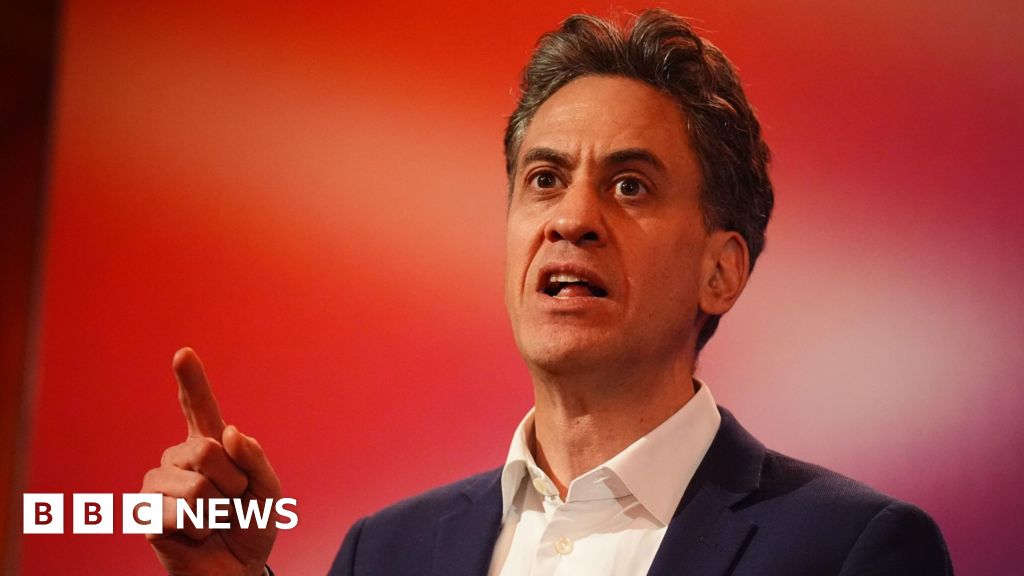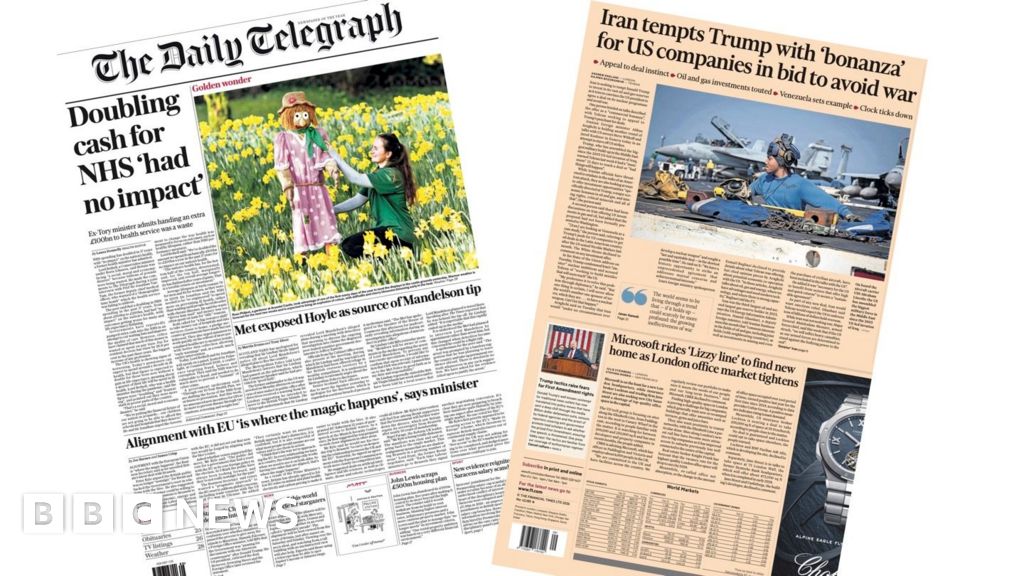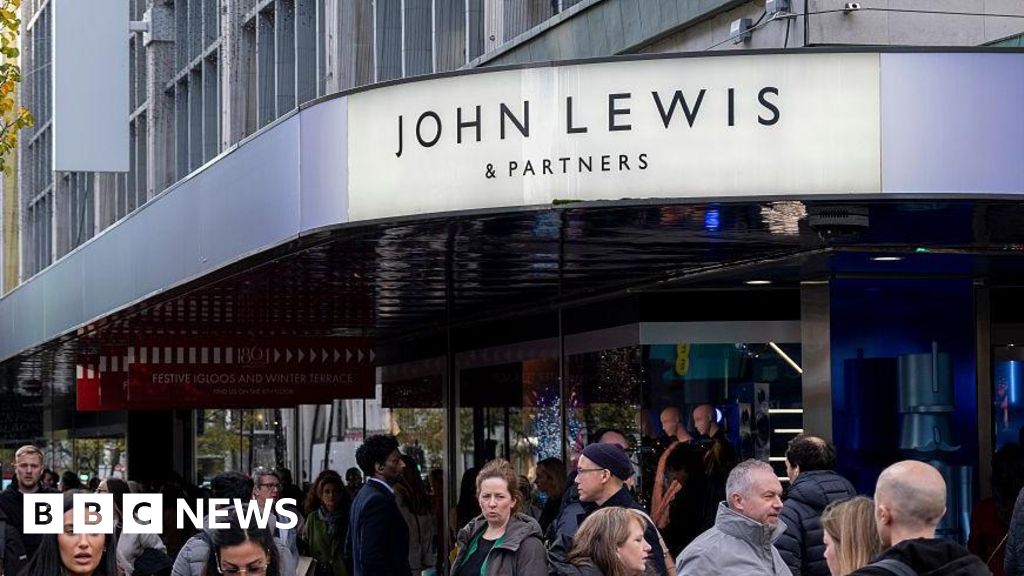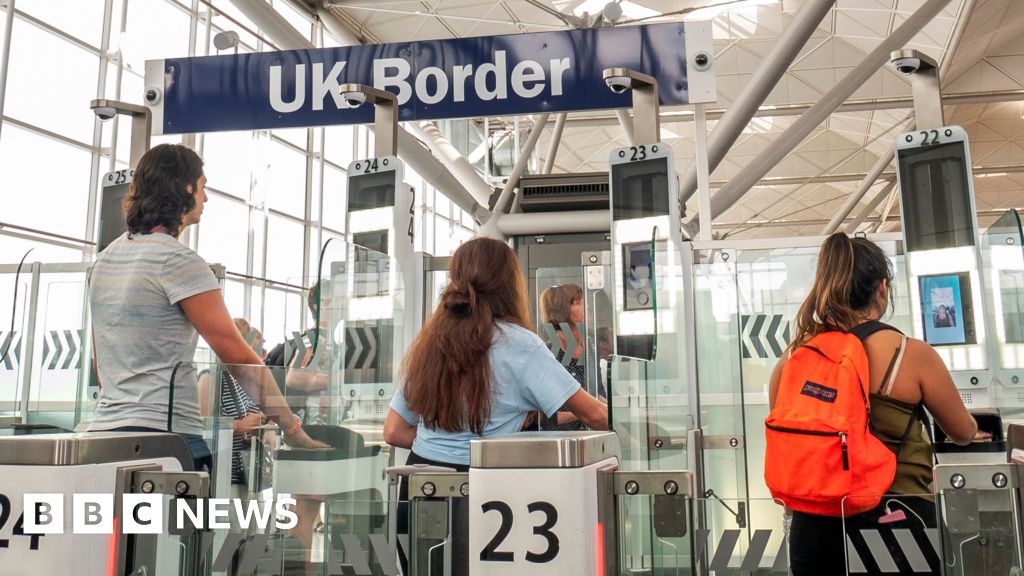Companies are planning to cut jobs or recruit fewer people ahead of rises to National Insurance payments and wages, according to a survey of UK employers.
Businesses questioned by the Chartered Institute of Personnel and Development (CIPD) also said they would raise their prices to cover increasing employment costs.
Separate research conducted by the Federation of Small Business found in the final three months of last year confidence among small firms hit its lowest point for 10 years, not including the Covid pandemic.
The Treasury said it was delivering the stability businesses need to invest and grow.
Rises to National Insurance Contributions by employers as well as an increase in the National Minimum Wage, announced in October’s Budget, will come into force in April.
According to the CIPD survey, just over a third of the 2,000 firms it spoke to said they planned to reduce their headcount through redundancies or by recruiting fewer workers.
More companies, some 42%, said they would lift prices while a quarter of those surveyed said “they are cancelling or scaling down plans for investing in or expanding their business”.
The findings come ahead of the latest official employment figures which are due to be published on Tuesday, followed by inflation data on Wednesday.
Peter Cheese, chief executive of the CIPD, said these were the “most significant downward changes in employer sentiment we’ve seen in the last 10 years, outside of the pandemic”.
He added: “Our data shows it’s the everyday economy sectors, such as retail and hospitality, which employ large numbers of people, that will be particularly affected by impending increases to employment costs.”
In November, a group of the biggest retailers in the UK warned that High Street job losses were “inevitable”, prices would rise and shops would close because of tax rises in the Budget and other rising costs.
Tesco, Amazon, Greggs, Next and other chains called on the Treasury to reconsider some of the measures.
They said the “cumulative burden” of the Budget changes and other policies already in the pipeline would add billions in costs to a sector with a slim profit margin.
The Federation of Small Business said confidence was falling across a wide range of sectors.
Its small business index, which measures levels of confidence among firms, found that a small companies “are braced for a contraction in the size of their business in the first three months of 2025”.

















































